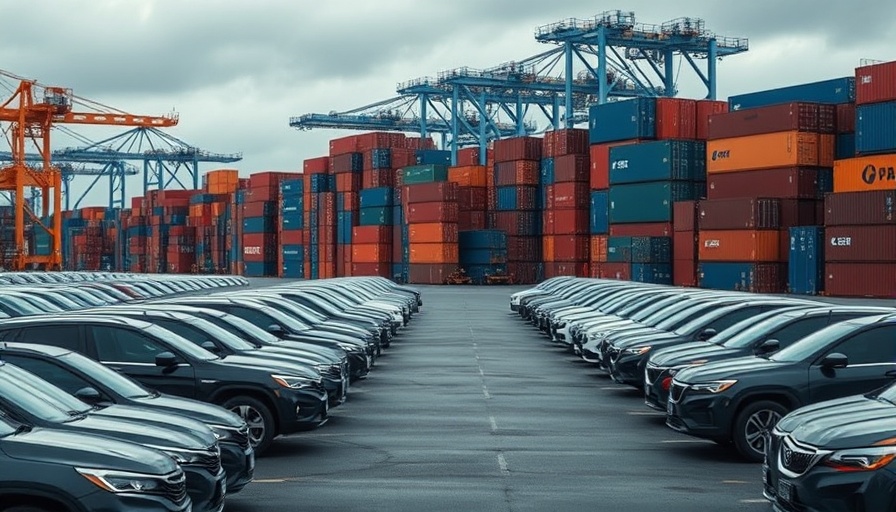
Understanding the Impact of Auto Tariffs on American Households
This week, one of the leading stories on CBS Evening News revolves around the anticipated effects of new auto tariffs on American consumers. Auto tariffs, intended to boost domestic manufacturing, often translate into higher vehicle prices for everyday buyers. As these tariffs take effect, consumers can expect to see increases in their monthly budgets.
According to experts, the implications aren’t limited to the automotive industry alone. Higher prices could ripple through the economy, affecting everything from insurance rates to the cost of car repairs. For instance, the National Automobile Dealers Association estimates that tariffs could raise vehicle prices by as much as $6,000 on average. As a result, many families may have to reconsider their transportation options, which could lead to a decrease in consumer confidence and spending.
The Historical Context of Auto Tariffs
Understanding the current landscape of auto tariffs requires a look back at their historical application and outcomes. Similar policies have been implemented in various countries with mixed results. For example, in the 1980s, U.S. tariffs on Japanese cars aimed to protect the American auto industry but ultimately had negligible impacts on domestic manufacturing. Rather, they encouraged automakers to move production overseas, exacerbating the very issues they sought to resolve.
Cherry Blossoms: More Than Just a Beautiful View
On a lighter note, CBS Evening News also highlights the arrival of cherry blossoms in the U.S., a cultural phenomenon enjoyed by millions each spring, particularly in Washington, D.C. This stunning display symbolizes peace and renewal, drawing visitors both locally and globally. Beyond beauty, cherry blossoms foster community and connection, reflecting the values of harmony and appreciation across cultures.
Future Predictions and Economic Insights
As tariffs are enforced, both consumers and manufacturers will need to adapt to a shifting economic environment. Experts suggest that automakers might be pressured to absorb some of the added costs in order to remain competitive. However, this remains speculative. Watching how these tariffs evolve will provide insight into future trade policies and their broader implications for U.S. economic interests.
Common Misconceptions About Auto Tariffs
Many people associate tariffs solely with the protection of domestic jobs. While that is one aim, it is crucial to understand that tariffs can have unintended consequences. For instance, while intended to boost employment in manufacturing sectors, they may actually lead to job losses in the sectors reliant on automobile sales and production. These complexities highlight the need for consumers to remain informed about how such policies can shape their daily lives.
Actionable Insights for Consumers Facing Higher Auto Prices
As consumers navigate the implications of auto tariffs, it is vital for them to explore alternative transportation options. Public transportation usage may increase, and biking or car-sharing services can present viable alternatives. Moreover, remaining educated about the automotive market can equip consumers to make informed purchasing decisions in an evolving landscape.
In conclusion, understanding the interplay between auto tariffs and their economic repercussions is essential for consumers today. By staying abreast of news and analysis, individuals can better prepare themselves to deal with upcoming changes that may directly affect their finances. It is important for readers to engage with ongoing conversations about tariffs, as keeping informed can drive better decision-making. The insights gathered today might very well shape your financial decisions tomorrow!
 Add Element
Add Element  Add Row
Add Row 



 Add Row
Add Row  Add
Add 


Write A Comment